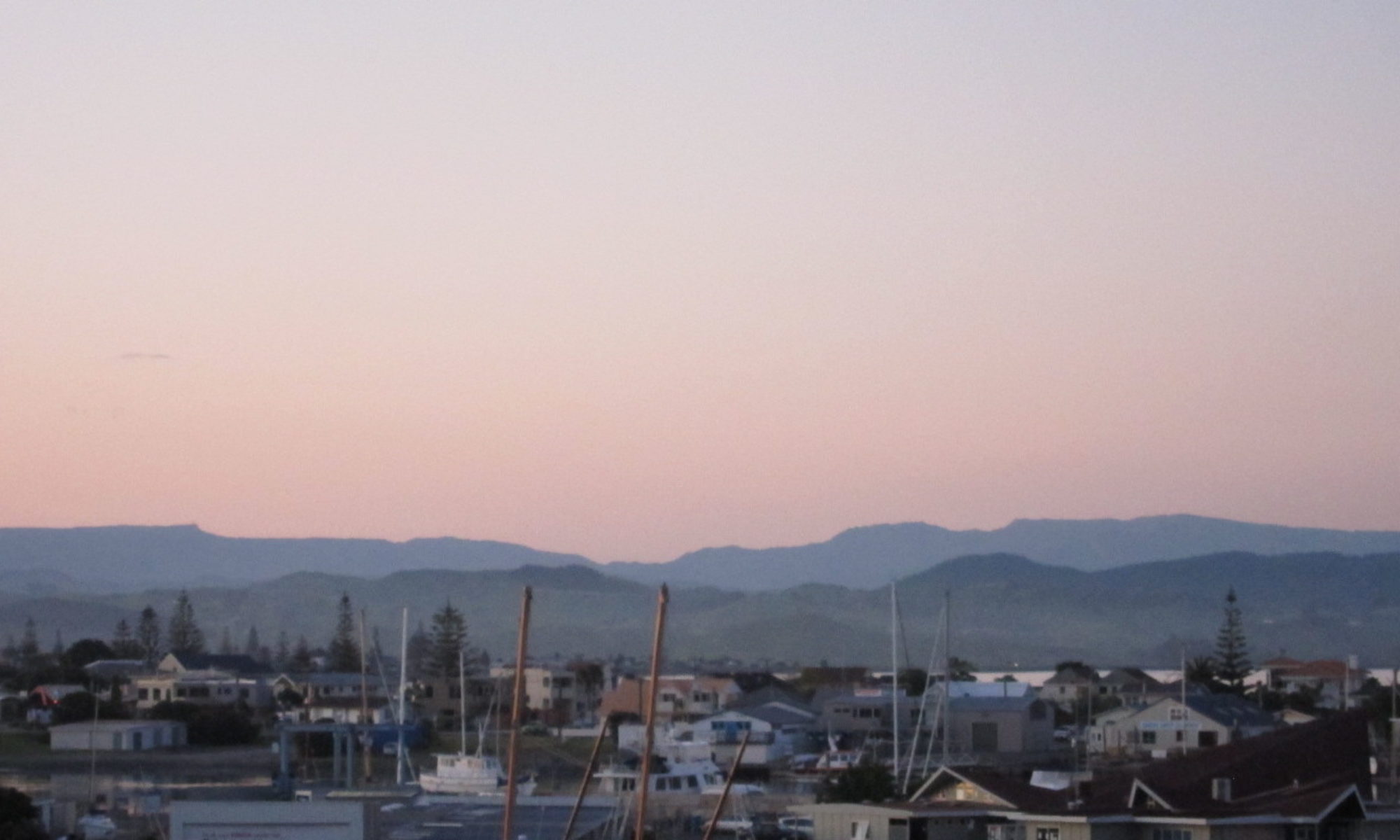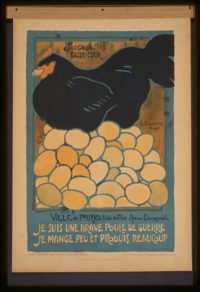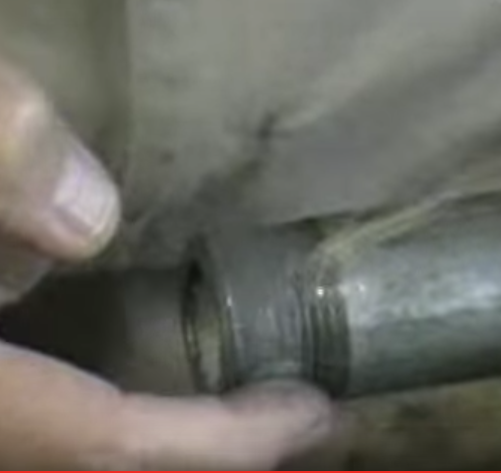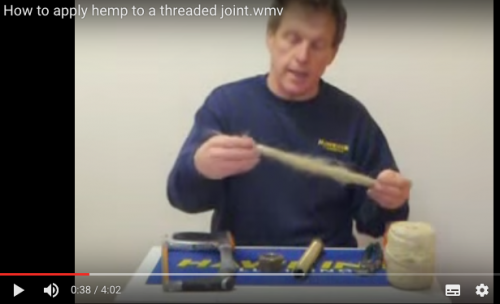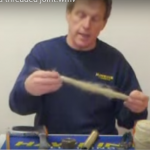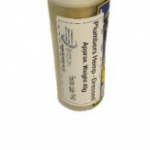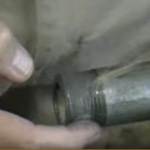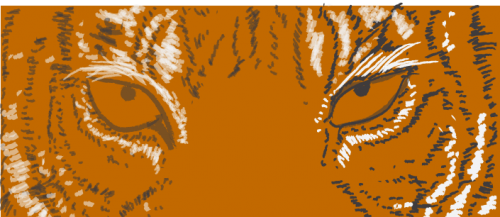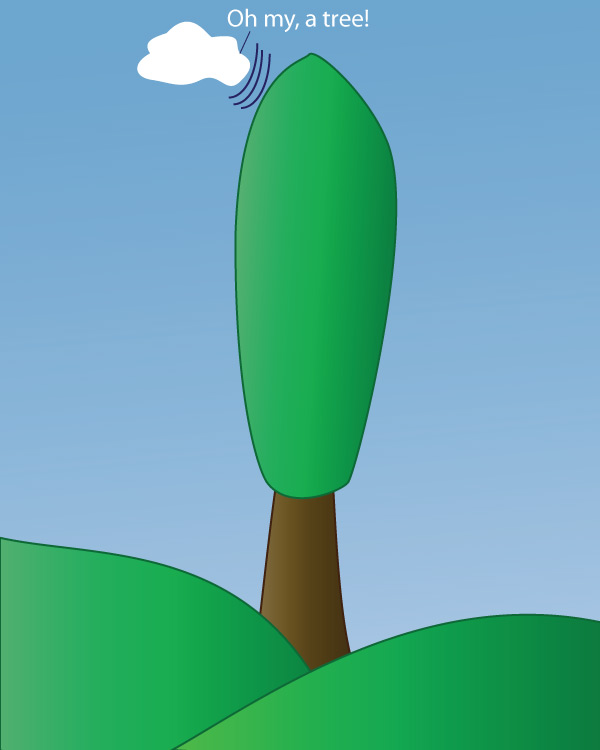Listen to this blog post:
Back in my day we had a thing called toilet paper. I mean in the 60’s and 70’s, in New Zealand.
Yes I know you think we have toilet paper now. And yes I know with Covid and talk of holding things people have talked about toilet paper a lot. I just have not seen anyone talk about toilet paper vs toilet tissue. I wonder now when we started calling toilet tissue, toilet paper. And when toilet paper disappeared, or did it?
But back in my youth there was just toilet paper, and the stuff we have now, when it came along, could not be called toilet paper. It was called toilet tissue.
I remember thinking toilet tissue would never take off as it was not substantial enough to do the job and it would just cling to you. I mean, think of how it would seem to use facial tissues in the loo. That is how toilet tissue appeared to me, even before I tried it.
From this you probably think that the toilet paper of my day was a harsh, dry, tough material. I have to say, I do not remember it to be so. But then when we were using it, it was all that there was.
Well to be fair there was a range of toilet papers around at the time.
From the dock leaf my father taught me to identify so if I was stuck in nature I had a safe broad leafed plant I could use in emergencies.
To the shiny, non-porous, sheets of brown paper interleaved like tissues in a box. But not anything like tissue paper. In fact, I have heard it compared to greaseproof paper, if greaseproof paper was brown and thicker.
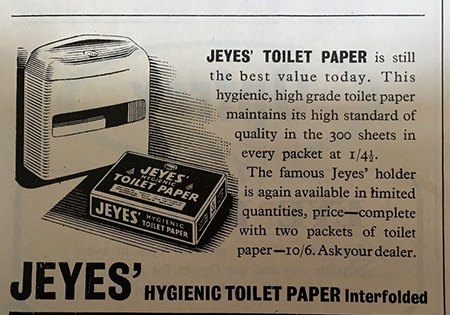
This Jeyes’ paper needed to be taken from the holder on the wall, balled up, flattened out, balled up again, rubbed together vigorously, assessed for how much shine you had crinkled away, and whether it would absorb anything yet and the process repeated way too many times before water would not bead off it. This was available not only at my grandmothers home but many of the pay toilets in town.
Let me just digress a little about pay toilets. How I mis them. The tiled sanctuaries with an attendant, one side with toilets the other with washing machines and driers, where the attendant washed the hand towels so they were alway fresh.
Back to toilet paper. There was the standard toilet paper. Well what I knew as the standard then. What was in our home, at school and most homes I visited, barring my Grandparents.
How do I describe it to you. Thicker paper, than the current toilet paper, but not inflexible. More absorbent than the current toilet paper (here in New Zealand). More akin to that you find on the super large rolls of paper you find in toilets now, but more textured. No maybe halfway between that and the interleaved paper you get in public toilets to dry your hand on.
There was more on roll too. Of this, I am sure. The rolls were sturdier, firmer and tightly wound.
I even heard claims from adults then that you only needed two sheets of toilet paper after going number one.
This was usually said with exasperation at how much toilet paper us kids used. So much so in fact that my Dad introduced a rationing device into our household that only let out 2-3 sheets at a time, depending how it felt.
The device flipped up and down to let out the sheets. So sure you could sit there flipping it up and down to get more allotments as often as you wanted. But little kids could not grab an end and run for the hills. And for the most part twice up and down was all the time you wanted to waste in the toilet for the bulk of the day.
On the flip side, the glue they glued down the first sheet with was diabolical. It sunk down several layers of paper. Starting a new roll was a task I did not enjoy. The first few layers of paper would be torn right where the glue was as you attempted to scramble your fingers under the paper to break it with the least wastage.
Am I feeling nostalgic for that toilet paper? I think I am. But would I actually like it now? Of that I am not sure.
